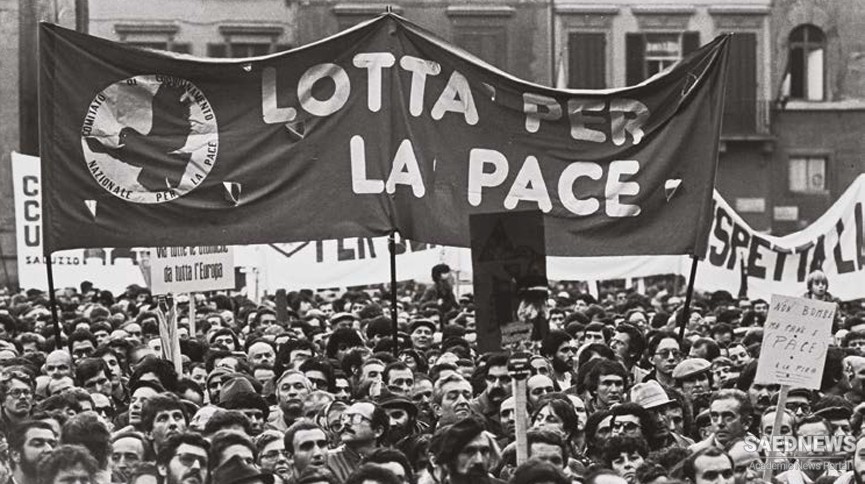The first organized peace societies on the European continent appeared in Paris in 1821, the Société de la morale chrétienne, and in Geneva in 1830, the Société de la paix de Génève. The early continental peace advocates, like their Anglo-American counterparts, were motivated by religious beliefs, but they were also inspired by the ideals of democracy and liberty. They opposed the restored monarchies and repressive political order that followed in the wake of the Congress of Vienna. Among the first to speak out for peace on the continent were liberal economists and utopian socialists, including Jean-Baptiste Say, Charles Fourier, and Henri de Saint-Simon. They criticized the misuse of economic resources in war and excessive military spending. The unfolding forces of industry and technology, they believed, would create a new era of human prosperity and a world without war. The growth of continental peace societies was aided by AngloAmerican peace pioneers, who traveled to the Netherlands, Belgium, western Germany, and France in the first half of the nineteenth century, lecturing, arranging for the translation of documents, and inviting supporters to London. Peace advocacy emerged in Japan in the late nineteenth century but did not reach mass scale until after World War II. As in Europe, AngloAmerican influence was helpful in getting things started. A series of lectures in Japan by William Jones of the British Peace Society sparked the founding of the first peace society, Nihon heiwa-kai, in November 1889. The first issue of the newsletter, Heiwa (Peace), appeared in 1892. The Christian writer Uchimura Kanzō is often considered Japan’s most distinguished pre-World War II pacifist. Originally a supporter of the 1894–5 war against China, Uchimura changed his views in the wake of the brutalities of that conflict. He subsequently embraced a position of absolute pacifism and spoke out consistently against war and militarism until his death in 1930.


 Peace Societies and Pro-peace Social Activism
Peace Societies and Pro-peace Social Activism














































